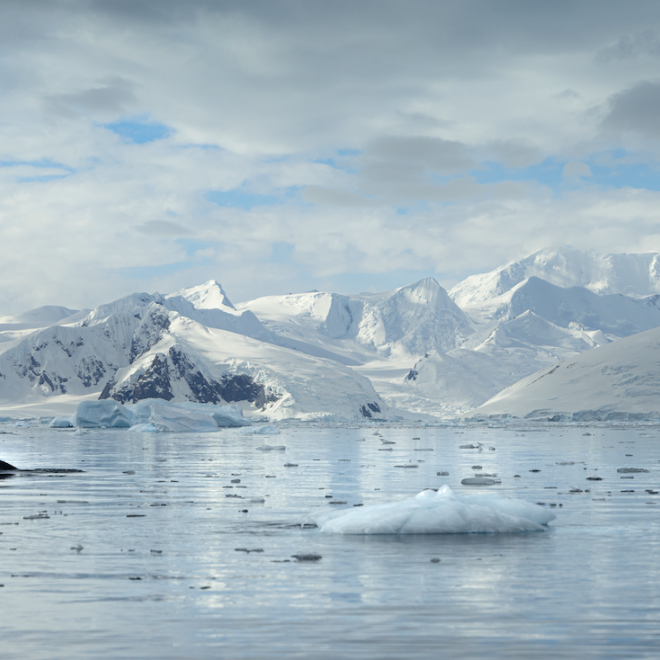
Supporting Science
The Protocol on Environmental Protection to the Antarctic Treaty designates Antarctica as a "natural reserve, devoted to peace and science." IAATO and its members adhere to this principle and actively work to support scientific research and international cooperation for the preservation of Antarctica.
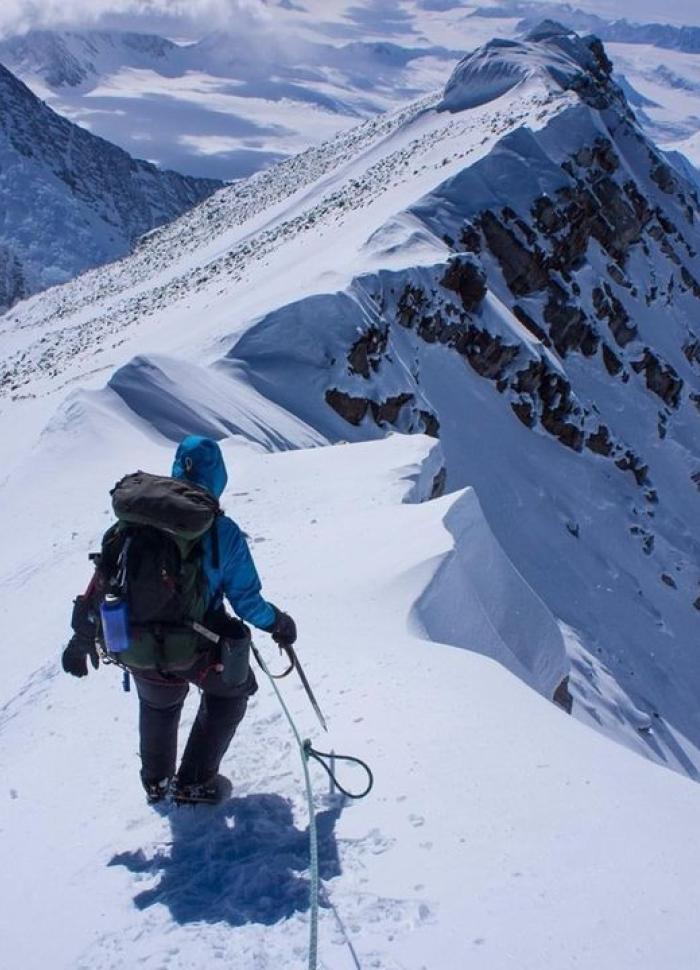
Antarctic Fellowship
The IAATO Antarctic Fellowship is an investment in the professional development of early-career persons, including researchers and scientists, in fields such as climate, biodiversity, conservation, humanities and astrophysics research.
In the spirit of the Antarctic Treaty, the Antarctic Fellowship aims to strengthen international capacity and cooperation and support member countries with an emerging Antarctic research program. Meet our fellows - past and present – here.
Scientific Support
Each season, IAATO member operators provide logistical and scientific support to researchers and station personnel from National Antarctic Programs (NAPs) and other research organizations. This includes transporting personnel, equipment, and supplies to stations, research camps, or other vessels, as well as providing support and facilities for researchers to collect data while onboard.
Long-term monitoring projects are critical, especially in areas like the Antarctic Peninsula, which is undergoing significant environmental change and where there is a lot of overlapping human activity in the form of research, fishing and tourism. IAATO operators annually carry researchers supporting these long-term monitoring projects, such as Oceanites’ Antarctic Site Inventory and Mapping Application for Penguin Populations and Projected Dynamics (MAPPPD) and Penguin Watch.
On board, IAATO member operators participate in a variety of science programs, including collecting marine mammal data through IAATO’s Voluntary Cetacean and Pinnipeds Sightings program. Data collected from these programs informs management and operational decisions that enhance wildlife safety measures.
As part of their robust educational programming, operators provide opportunities for guests and staff to contribute to ongoing citizen science projects. Guests can participate in globally significant research while learning about Antarctica’s unique environment, usually as part of a collaborative project with professional scientists.
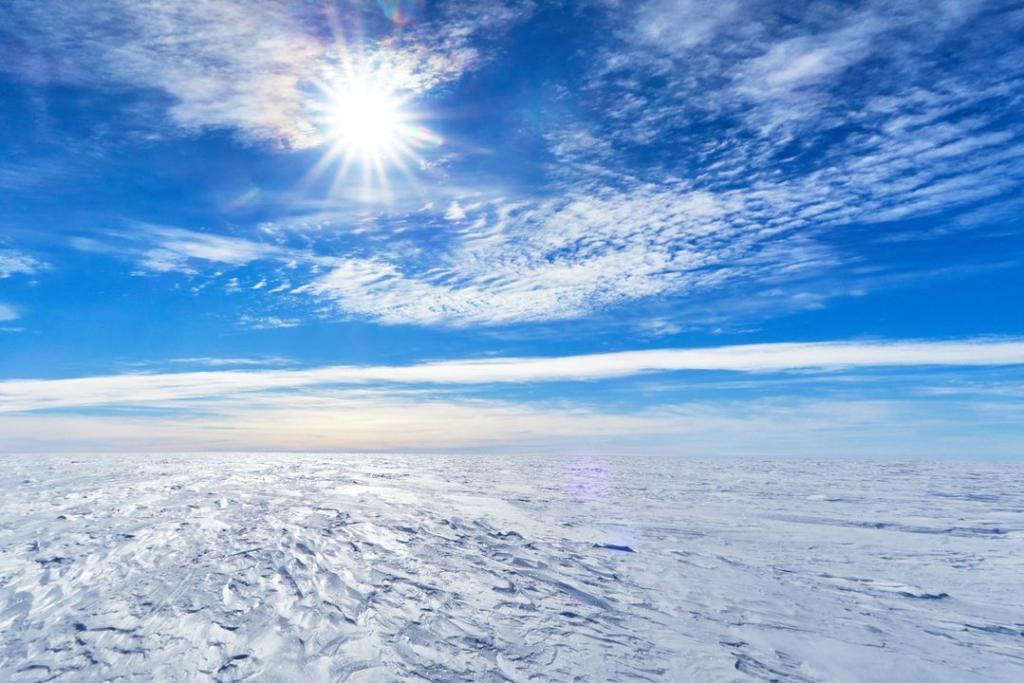
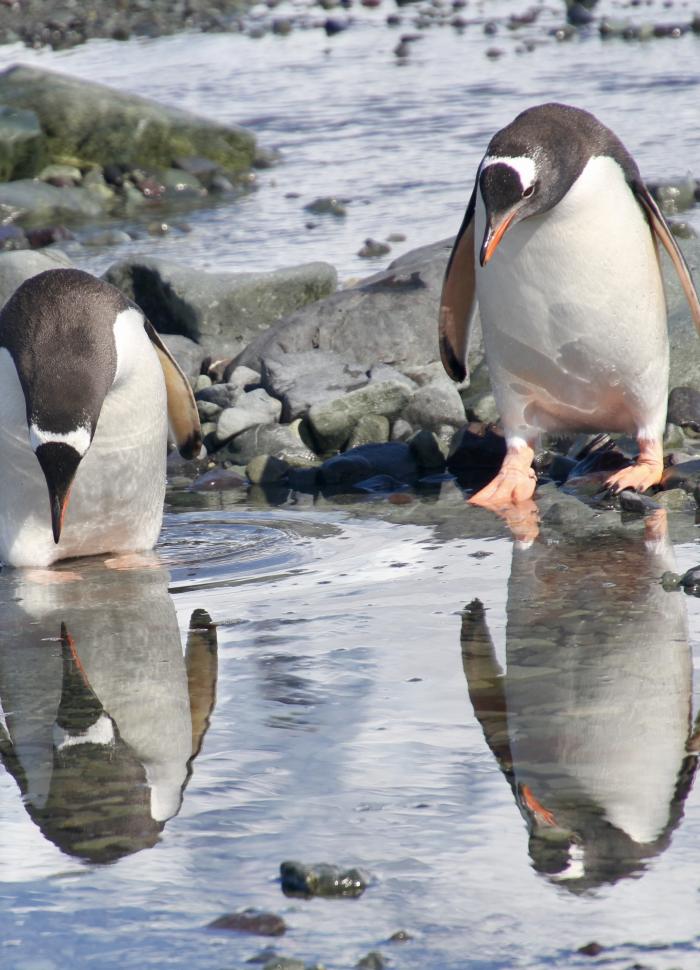
Science Coordination and Stakeholder Engagement
Strong international collaborations can inform discussions about Antarctica’s ongoing protection and long-term future. As a key stakeholder in the region, IAATO holds a unique position to be able to support science efforts in the Antarctic. IAATO participates in a variety of programs that bring researchers and stakeholders together for a better understanding of the Antarctic environment. This includes multiple efforts through the Scientific Committee on Antarctic Research (SCAR), such as systematic conservation planning and working closely with relevant committees and expert groups.
Each year, IAATO submits Information Papers about its activities, including data and statistics, to the Antarctic Treaty Consultative Meeting, advocating for the responsible management of all human activity in Antarctica. IAATO also regularly seeks expert, independent advice to analyse and publish data to facilitate discussions internally and at policy level.
Climate Change Committee
IAATO’s Climate Change Committee convenes to create and review short, medium and long-term climate change objectives in line with IAATO’s mission. The committee develops advice for reducing emissions, creates outreach materials and establishes processes to calculate the greenhouse gas (GHG), including carbon, footprint of IAATO activities. It also works closely with other IAATO committees, including the Antarctic Gateway Committee and Marine Committee, to overcome the unique decarbonization challenges facing all operators in remote environments.
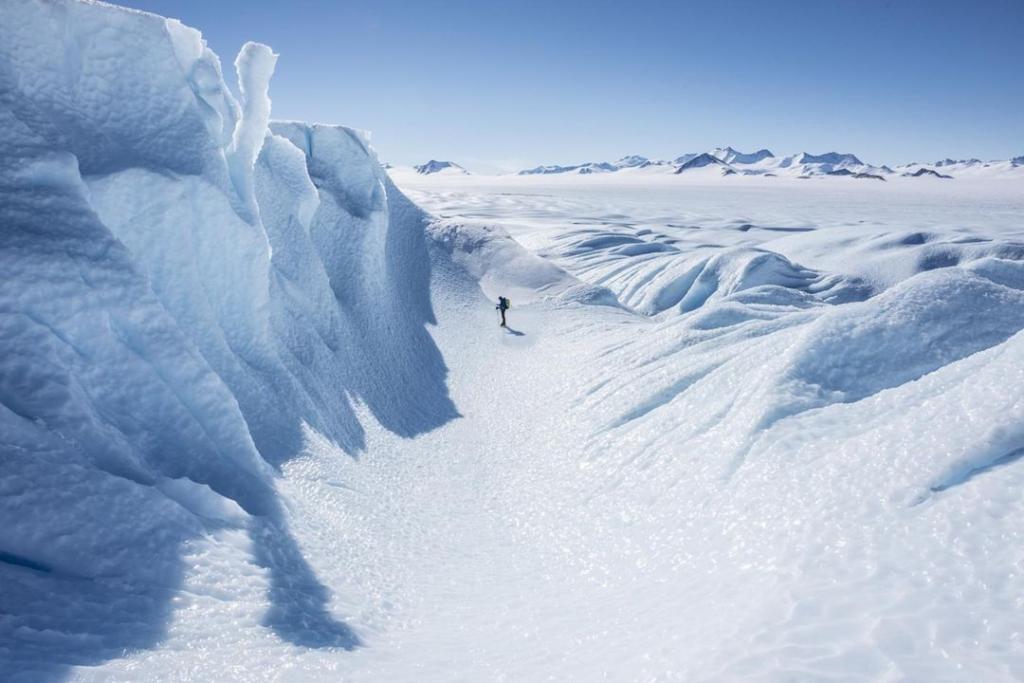
Science Support Working Group
IAATO’s Science Support Working Group (SSWG) was formed to provide a platform to discuss all aspects of science and research in the Antarctic that pertain to IAATO’s mission. The SSWG facilitates the sharing of best practices and lessons learned that help inform management decisions and strengthen coordination among operators.
Latest Articles
IAATO Welcomes Daven Hafey as New Director of Operations
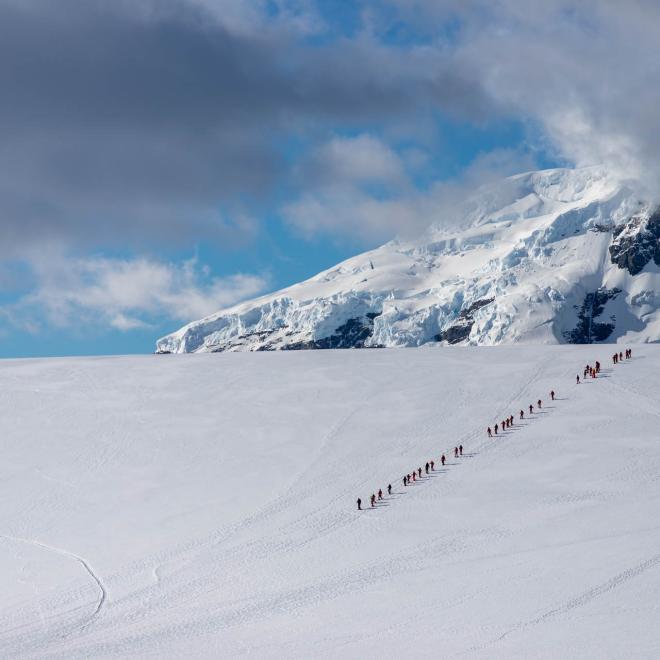
New IAATO App Puts Responsible Visitor Guidance in the Palm of Your Hand
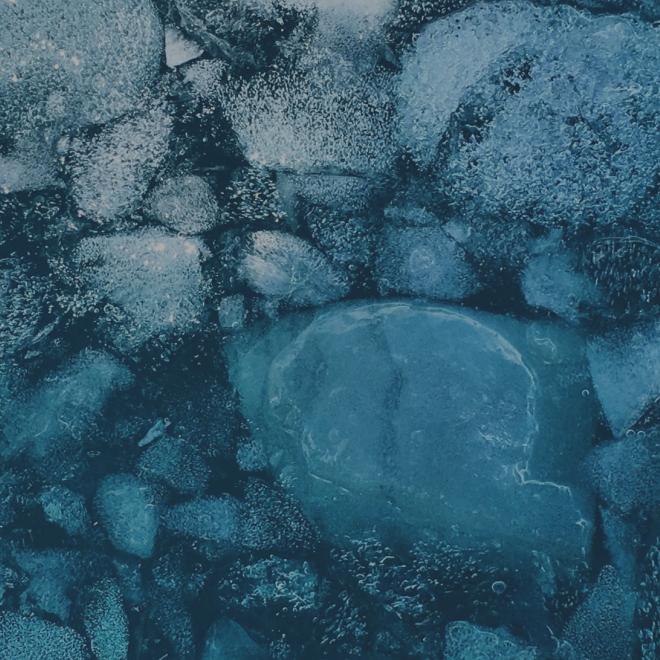
Safeguarding Antarctica: IAATO Responds to Research on Anchoring Impacts in the Southern Ocean
